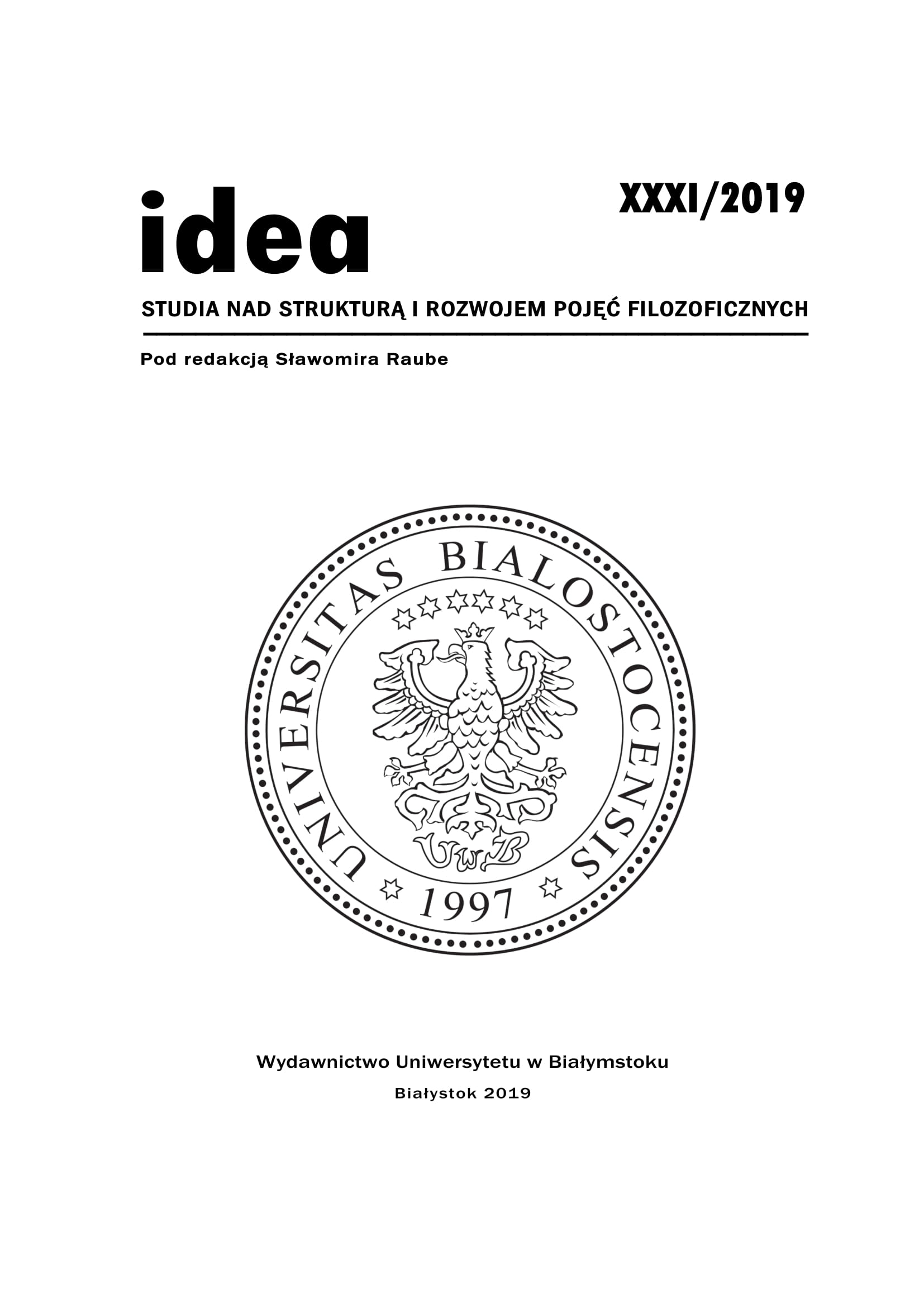Koncepcje podmiotowości w filozofii kartezjańskiej i psychoanalizie lacanowskiej z perspektywy retorycznej
The concepts of subjectivity in Cartesian philosophy and Lacanian psychoanalysis from a rhetorical perspective
Author(s): Agnieszka GotcholdSubject(s): Philosophy, Social Sciences, Psychology, Renaissance Philosophy, Psychoanalysis
Published by: Wydawnictwo Uniwersytetu w Białymstoku
Keywords: Cartesian philosophy; Lacanian psychoanalisis; human subject; cognition
Summary/Abstract: The paper discusses the question of human subjectivity as defined by René Descartes (1596-1650) and Jacques Lacan (1901-1981). It examines the similarities as well as differences between the selfconscious and rational Cartesian subject, and the unconscious Lacanian subject (subject as desire and subject as drive). Further, it applies these categories to the subsequent discussion on the psychotic subject. Taking a rhetorical perspective means that the Cartesian and Lacanian subjects are considered an effect of specific tropological processes, such as the mechanisms of metonymy, synecdoche, metaphor, or catachresis. As it turns out, an analysis of rhetorical tropes allows us to uncover the unconscious linguistic mechanisms governing the formation of the human subject. Despite the obvious differences between the concepts of subjectivity in Cartesian philosophy and Lacanian psychoanalysis, there is a common denominator: it is due to the process of metaphorical substitution that the human subject comes into being.
Journal: Idea. Studia nad strukturą i rozwojem pojęć filozoficznych
- Issue Year: 2019
- Issue No: XXXI
- Page Range: 24-45
- Page Count: 22
- Language: Polish

